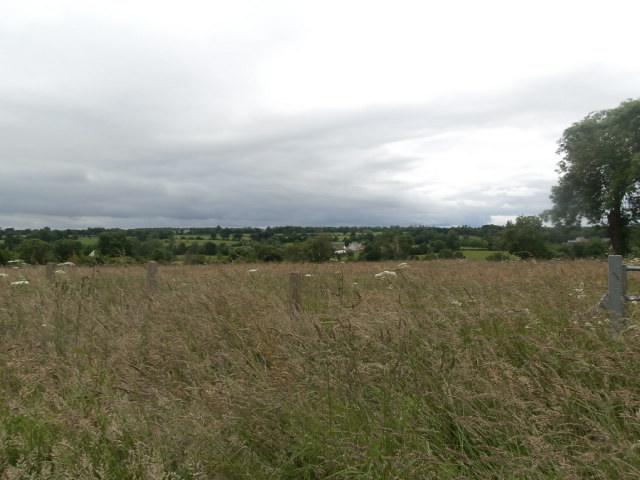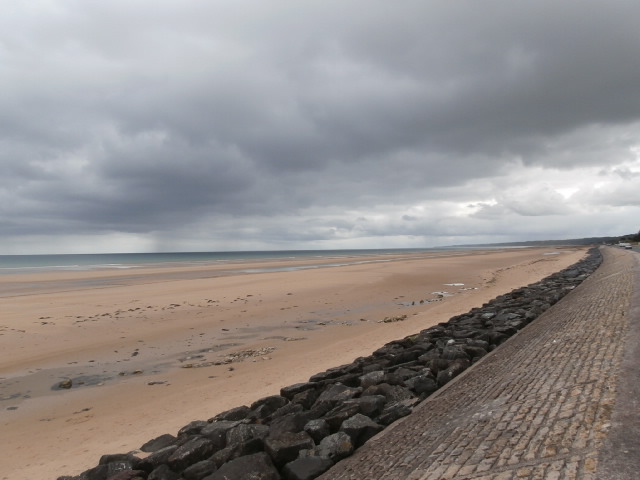WHAT IS THE EVIDENCE ON THE SUPPLY SIDE?
Property prices are about supply as well as demand. The supply side of the equation – the number of properties available – is also greater in France. I looked at the figures below in Table 2 compiled by Statista from each government’s website in 2023.

| Table 2 | Residential Units
MNs |
Population
MNs |
Population per Unit |
| France | 38 | 66 | 1.73 |
| United Kingdom | 25.2 | 67 | 2.65 |
| Holland | 8 | 18 | 2.25 |
| Belgium | 5.8 | 12 | 2.07 |
| AVERAGE | 77 | 163 | 2.12 |
So, France has the lowest ratio of population to the number of houses and apartments. So, there are plenty of houses to available. True of France, but is that true of Normandy? The answer is ‘Almost’. But the details are in the tables below.
POPULATION DENSITY IN NORMANDY
First of all, Table 3 shows that population density in Normandy as a region has been slowly rising since the mid-1970’s and is now just a few points below the France national average of 118. Recent property transaction data after Covid suggest that the trend may have continued beyond 2020.
| Table 3 | 1975 | 1982 | 1990 | 1999 | 2009 | 2014 | 2020 |
| Population | 2 901 847 | 3 006 341 | 3 128 565 | 3 202 385 | 3 303 822 | 3 335 645 | 3 325 522 |
| People / km²) | 97,1 | 100,6 | 104,7 | 107,2 | 110,6 | 111,7 | 111,3 |
Second, the number of homes is also growing. If you look at table 4 below, Main Residences are up 60%, of which around 36% are apartments. The number of second homes has grown even faster, up 75%.But the number of occupants in each home is dropping, which is consistent with the demographic changes occurring across Europe. If you compare the full-time Normandy population with its main residences it’s a bit above the national average, as you can see below, but still slowly falling. There’s no evidence that permanent residents are being cramped into smaller homes for the benefit of second home owners. I suspect that the local authorities in Normandy would argue that the second home owners are a bonus. They pay taxes all year but only use local services for a month or two each year.
| Table 4 | 1975 | 1982 | 1990 | 1999 | 2009 | 2014 | 2020 |
| Total Housing Stock
Inc. Vacant |
1 112 308 | 1 274 368 | 1 396 451 | 1 513 690 | 1 681 976 | 1 768 558 | 1 845 228 |
| People/ House | 2.6 | 2.36 | 2.24 | 2.11 | 1.96 | 1.90 | 1.80 |
| Occupied | |||||||
| Main residences | 941 119 | 1 053 394 | 1 155 472 | 1 270 566 | 1 411 707 | 1 460 440 | 1 511 862 |
| People/ House | 3.1 | 2.85 | 2.7 | 2.52 | 2.34 | 2.28 | 2.2
|
| Second homes | 105 126 | 135 354 | 157 841 | 162 730 | 168 516 | 173 335 | 183 763 |
What fuels the popularity of Normandy? To answer that very broadly, the experts I read pointed to one trend: the increasing disconnection between work location and home location allowed by the Internet and digital services. Because, more and more knowledge workers no longer need to be located near to their nominal place of work or customers, they are choosing to live where they want. Normandy has space, amenities, value-for-money, transport links, clean air and much more. So, if you can work from anywhere, why bring up your family in a cramped flat in a banlieue of Paris? Most people think that Normandy is a more attractive location choice even in the rain!

